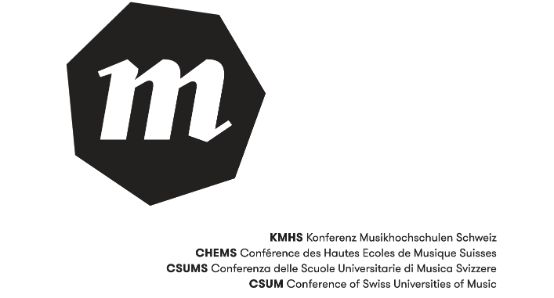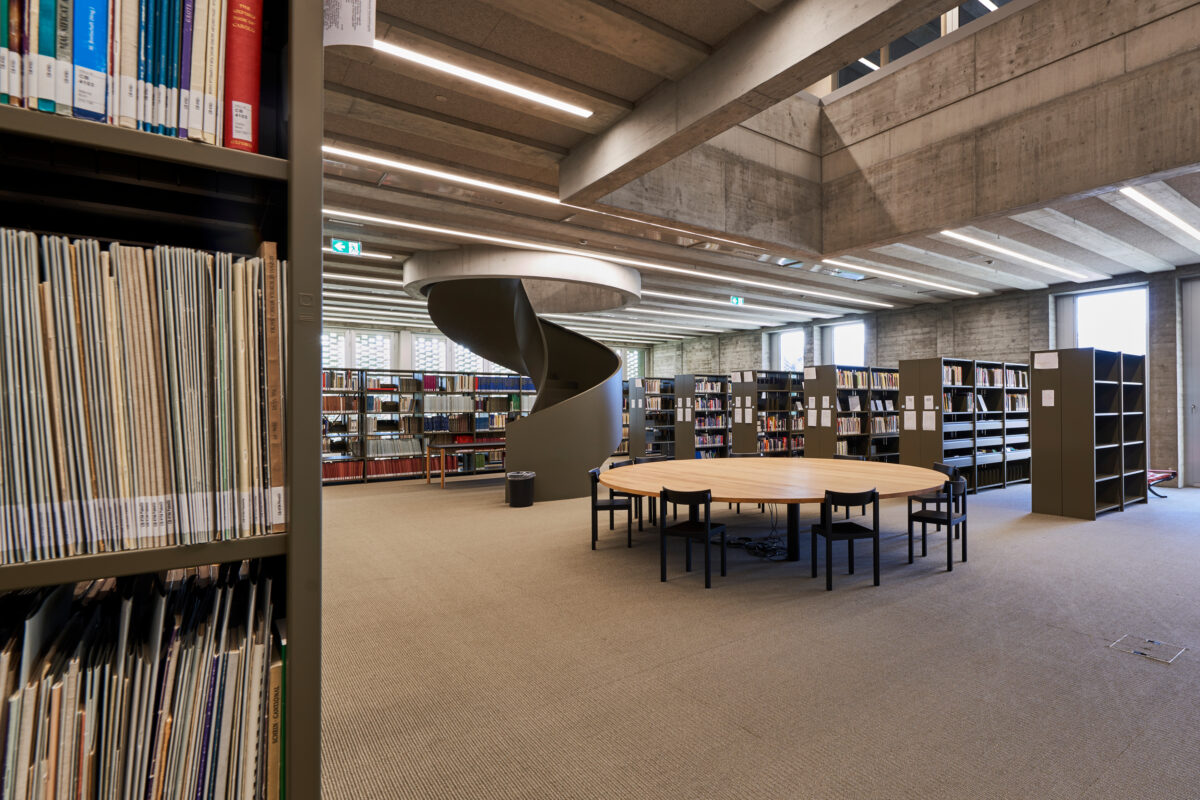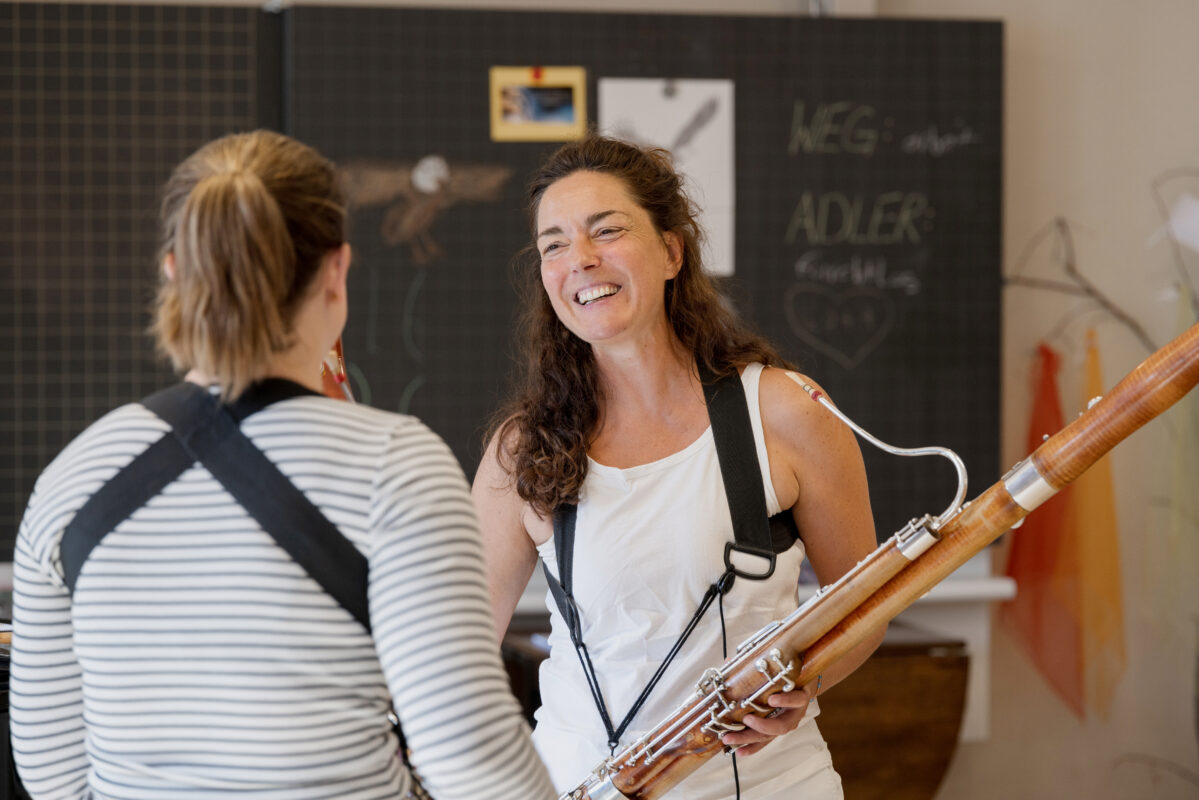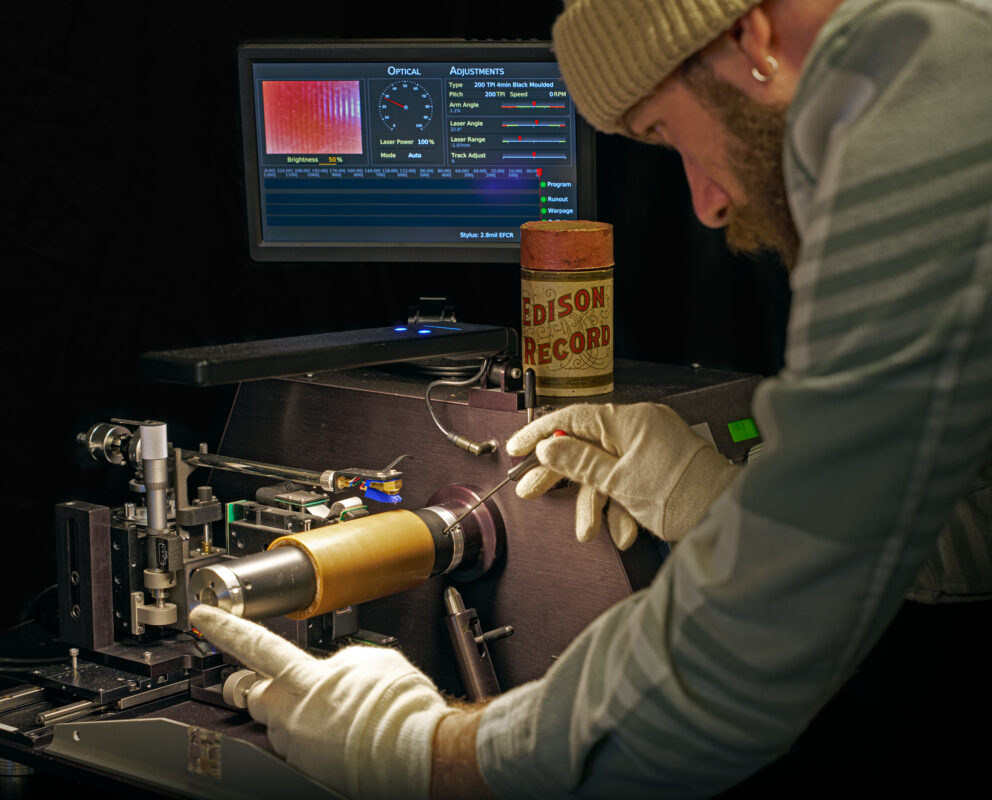On the necessity of art for peace
The Conference of Swiss High Schools of Music supports efforts to restore peace in Europe and positions itself with regard to its levers of action to contribute to it.

Antoine Gilliéron — The war that has been taking place in Ukraine since the end of February has touched the hearts of the HEMs of our country as well as questioning culture and training spaces in their universalist but also sometimes political vocations. How can we contribute to peace today, perhaps even more than in normal times, as tertiary music education institutions?
The eight high schools of music that make up CHEMS have taken a firm stand against the war in Ukraine (cf. Weiterführende Informationen) and, while clearly distinguishing individuals from the political regime, adhere to measures aimed at cutting ties with artists representing the current Russian political power as well as to question or even interrupt the cooperation in force with the Russian universities and conservatories which publicly displayed their support for the war at the beginning of March, which is deeply incompatible with the values defended by the conference. Very attached to pacifism, to the rapprochement between peoples through music as well as to the principles of non-discrimination, solidarity and tolerance, the CHEMS affirms its desire to welcome Ukrainian artists fleeing their country but also musicians. Russians and Belarusians in its teaching and student body, even when these people are unable to publicly display their disapproval of the military invasion. Thus, it is crucial for the conference to emphasize the need to differentiate between individuals and regime, to highlight the freedom of art and research as well as the importance of maintaining the possibilities of travel and visas for all people with a nationality that is affected in one way or another by this war. The conference also takes a worried look at attempts to cancel culture and rejects with all its might attempts to suppress from the programs the masterpieces of Russian music which are also part of our exceptionally rich musical heritage.
Ainsi, de l’Histoire de la musique à celle des écoles instrumentales russes, en passant par les partenariats et relations historiques que nos écoles entretiennent avec la Russie, la Biélorussie ou l’Ukraine, la réflexion pousse à jeter un regard plus large sur les relations culturelles qui unissent ces pays au nôtre. Au-delà de cette mise en perspective, les initiatives mises en place concrètement pour améliorer la situation au sein de nos écoles et plus largement à l’international font florès. Qu’il s’agisse des concerts pour la paix, de récoltes de fonds à destination d’œuvres caritatives ou d’entraides, de l’usage du Softpower que constitue la culture en affichant par exemple son soutien à l’Ukraine sur différents canaux de communication, de la mobilisation d’une part pour aider les étudiant.es de nos insti-tutions (au niveau financier et psychologique) mais aussi pour accueillir des étudiant.es ukrainien.nes qui s’éloignent de la guerre afin de leur offrir une continuité dans leurs études (avec notamment les systèmes Erasmus, Horizon académique ou Scholars at risk), les Hautes Écoles de Musique Suisses – en plus d’envoyer un message de solidarité pour la communauté touchée par cette guerre et d’unité envers toutes et tous – contribuent fortement à mettre en lumière la nécessité de l’art pour parvenir à la construction collective si précieuse que constitue la paix.








